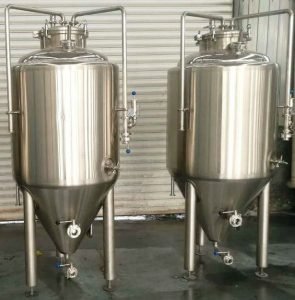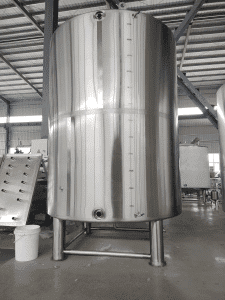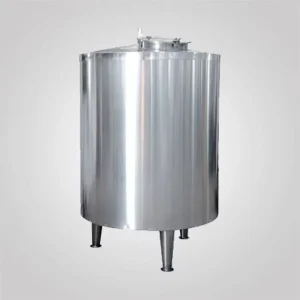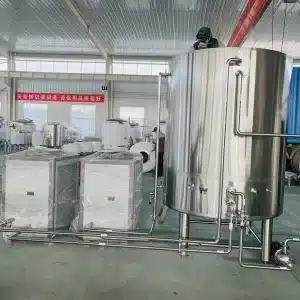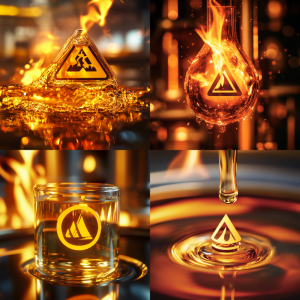
AI Pressure in Manufacturing The Future of Pressure Vessels
Introduction to AI Pressure in Modern Manufacturing AI pressure is not just a buzzword, it has become a transformative force in industries ranging from healthcare to engineering. In manufacturing, AI pressure signifies how artificial intelligence is applied to optimize high-stakes operations under demanding conditions. At Red River, we leverage AI-driven automation and precision engineering to revolutionize how pressure vessels are designed, built, and maintained. This innovation is reshaping the standards of safety, sustainability, and efficiency. Understanding AI Pressure Across Industries
